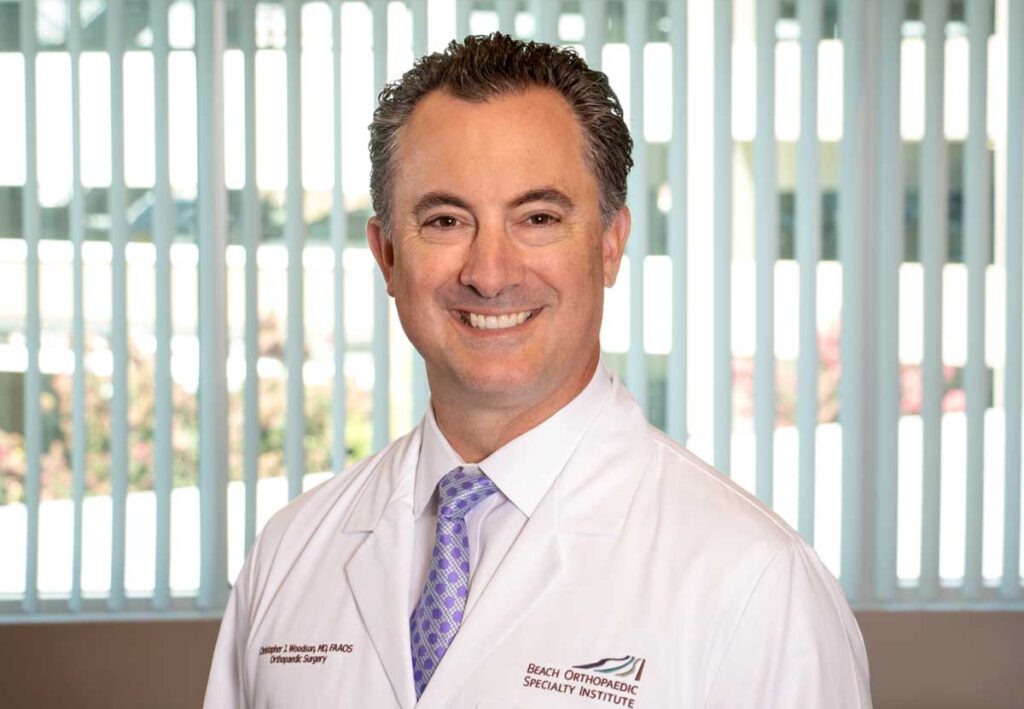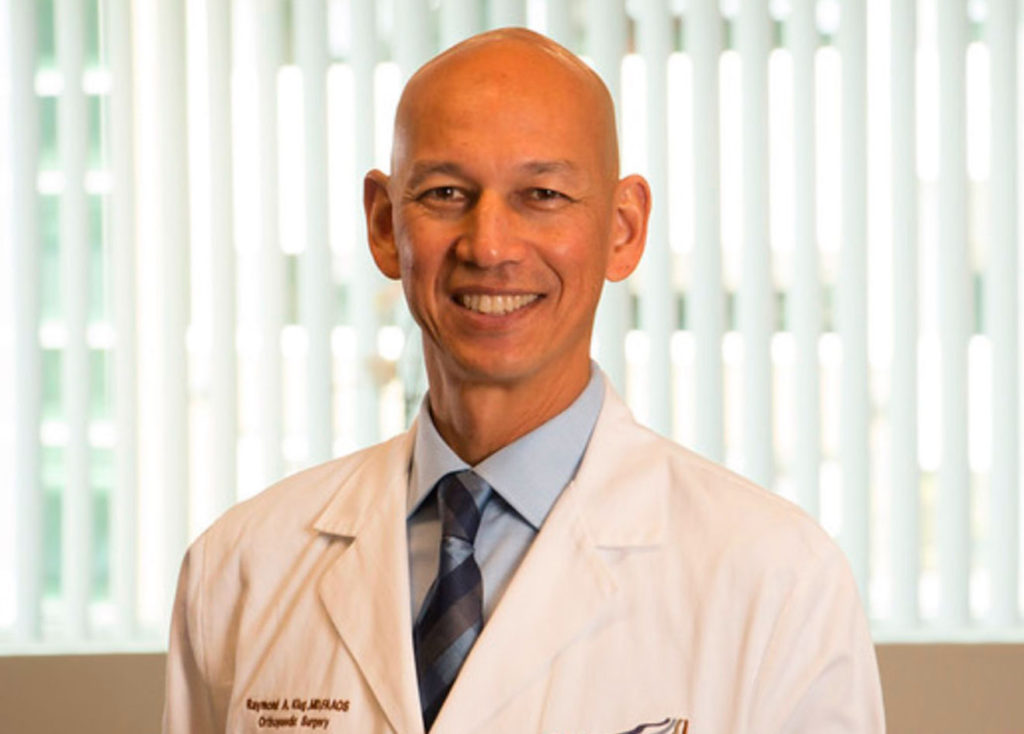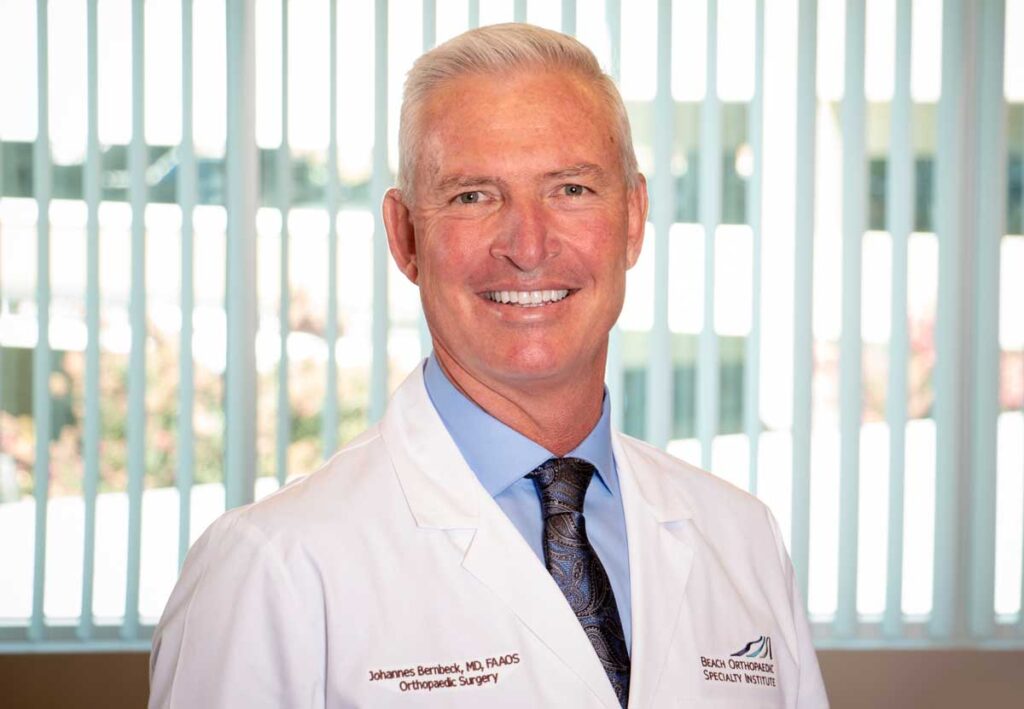I just wanted to drop a quick note of thanks for the great experience I had with the entire team during my visit.
Thank you to your care team as they did an exceptionally attentive job- my issue is very common and I know specialists like your office are in high demand with more interesting issues…I was treated as if my issue WAS interesting. And as if wasn’t delightful enough that everyone was so effortlessly nice, Dr. Woodson was SO pleasant and approachable!
I know as a manager myself in healthcare, it’s nice to hear good feedback!
Hope you continue to fare well during this covid19 event! 🙂
Bloodless Surgery & Bloodless Medicine
Bloodless surgery refers to surgery that doesn’t use blood transfusions. A blood transfusion occurs when a patient is given donated blood or blood components through a tube inserted into a vein in the arm.
Blood transfusions are generally used to replace blood that’s lost due to injury, illness, or surgery. Many patients, however, refuse transfusions for religious purposes, medical reasons, or other safety concerns.
The team at Beach Orthopaedic Specialty Institute understands and respects this view; in fact, Dr. Christopher Woodson, Dr. Raymond Klug and Dr. Johannes Bernbeck are all bloodless surgeons that specialize in bloodless medicine.
Bloodless Surgery & Bloodless Medicine Techniques & Tools
Bloodless surgeons make sure to screen patients for anemia and treat it before proceeding, ensure patients lose as little blood as possible throughout their care, and help patients’ bodies make the best use of the oxygen in the bloodstream.
In order to achieve this, they use various bloodless surgery techniques and tools, including, but not limited to:
Cell saver system
A cell saver system is used during surgery to collect, recirculate, and readminister the patient’s own blood, which would otherwise have been lost.
Electrocautery
Electrocautery uses electrocoagulation to stop vessels from bleeding during surgery. An electrosurgical coagulator limits internal bleeding by clotting the patient’s blood during surgery.
Harmonic scalpel
A harmonic scalpel uses ultrasonic energy to cut and coagulate simultaneously.
Intraoperative hypotension anesthesia
Intraoperative hypotension anesthesia is used during surgery to lower blood pressure in order to minimize bleeding.
Micro sampling
Micro sampling is when very small amounts of blood are drawn for testing, rather than the larger quantities routinely drawn.
Skin monitor
A skin monitor is used during surgery to track oxygen levels in the skin.
Synthetic erythropoietin
Synthetic erythropoietin is a hormone used prior to surgery; this stimulates the patient’s bone marrow to produce more red blood cells, boosting the patient’s hemoglobin levels before surgery.
Volume expanders
These are fluids administered intravenously to dilute the blood. Diluted blood contains a lower concentration of red blood cells, thus reducing the amount of red blood cells lost.
The Benefits of Bloodless Medicine
Bloodless medicine and surgery is a safe, proven, and effective method of treating patients without the use of blood or blood products like red cells, white cells, platelets, and/or plasma.
What’s more, research shows that patients who don’t receive blood transfusions experience fewer infections, recover faster, and end up leaving the hospital sooner than those who do.
Other benefits include:
- Faster healing times
- Fewer reactions from blood stored for a longer period of time
- No risk from receiving the wrong blood in error
- Fewer heart attacks and strokes after surgery
- Reduced reliance on and associated costs of regional and national blood supplies
- Fewer unnecessary blood draws
- Reduced demand for blood and blood products
Next Steps
Any patient can request bloodless surgery techniques from their surgeon. The risks, benefits, and alternatives of this approach should be discussed and agreed upon. If this is an approach you would like to explore, please bring it up with your orthopedic surgeon at Beach Orthopaedic Specialty Institute.




